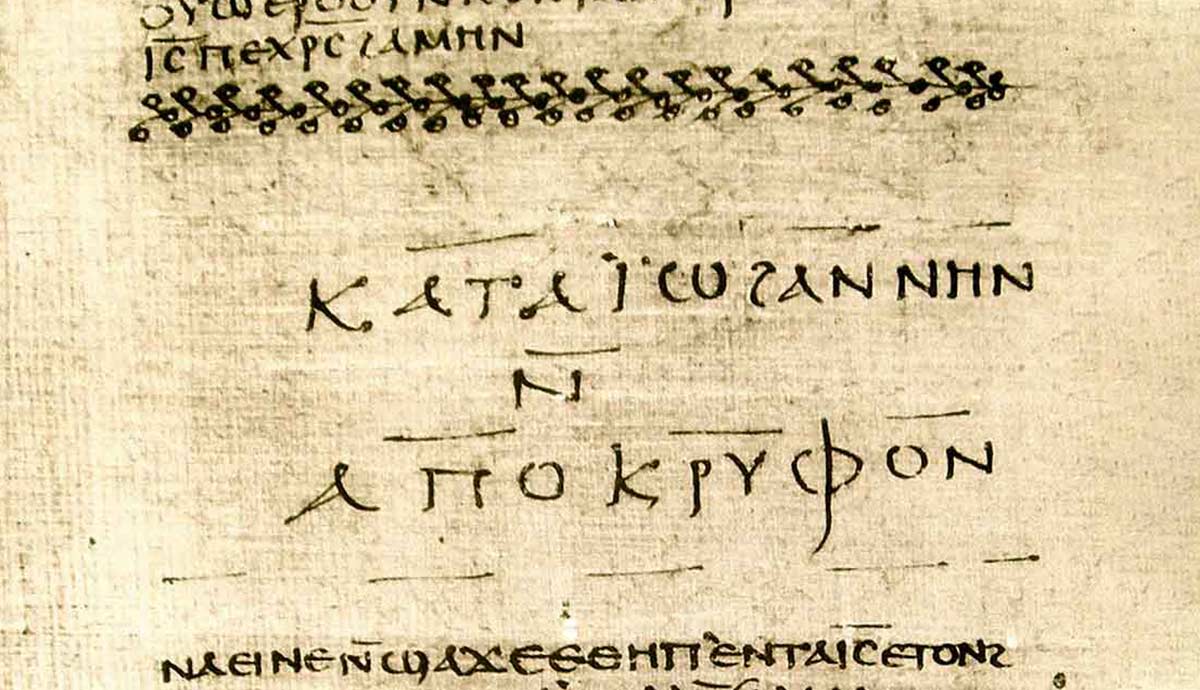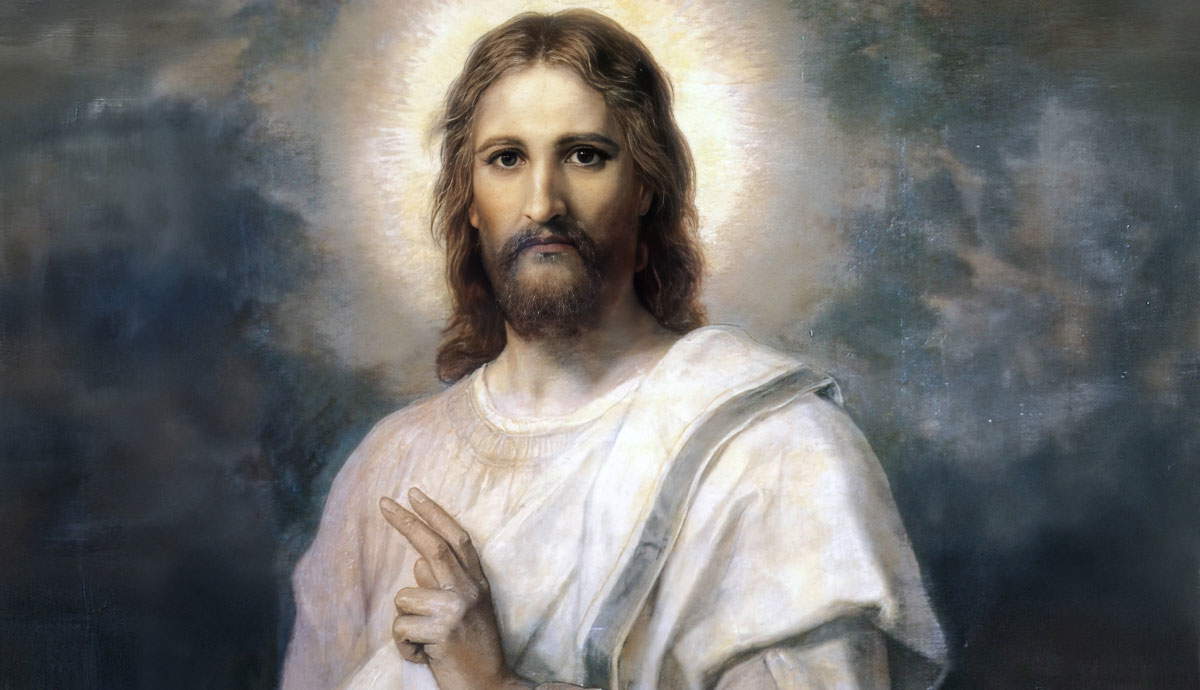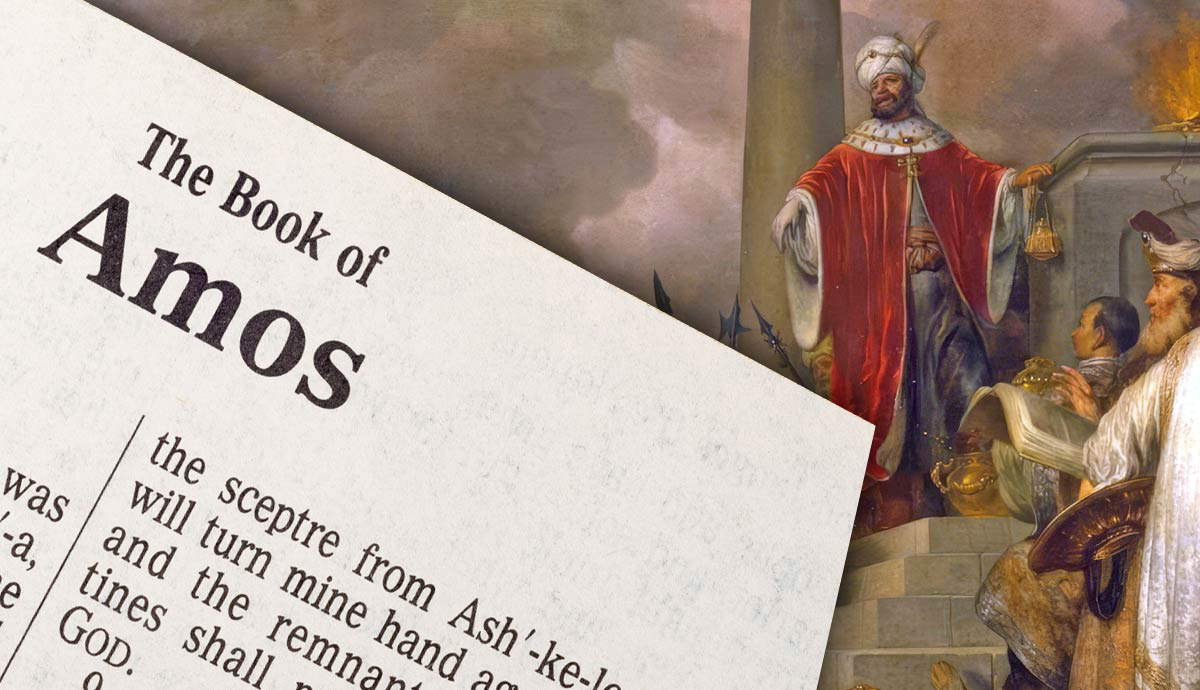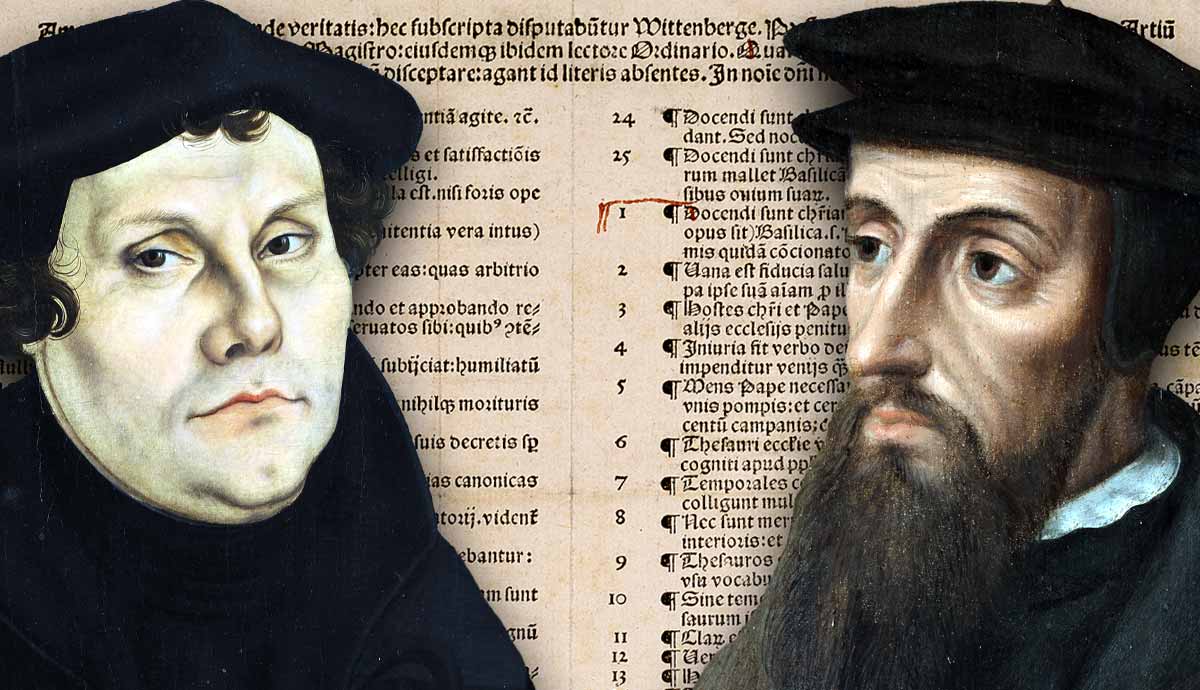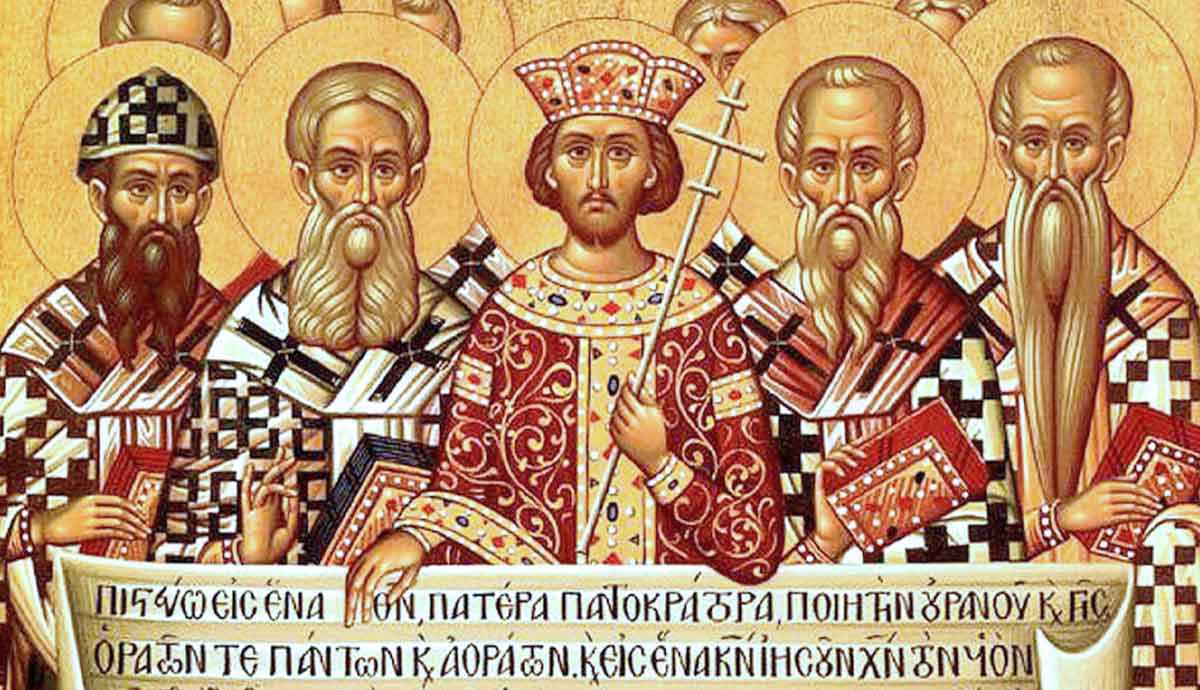
The Council of Nicaea, held in 325 CE at the request of Constantine the Great, is one of the earliest pivotal moments of Christian history. Constantine was deeply involved in each step of the Council’s proceedings, and it is possible that without his influence, the council would never have happened.
Constantine’s Role Before the Council

The fight over Arianism – between Archbishop Alexander of Alexandria and Arius – had expanded beyond north Africa, and was beginning to affect much of the rest of the Roman Empire. Constantine had just consolidated his power after defeating the Eastern Roman Emperor Licinius at the Battle of Chrysopolis in 324 CE. A pragmatic ruler, he realized that peaceful relations among Christians, who were no longer under persecution and were now gaining political power, was necessary to keep a hold on his position.

Seeing the need to resolve the situation, he summoned church leaders throughout the Roman Empire in 324-325 CE to attend a council in Nicaea to, as he wrote:
“… keep the greater good in mind and hurry to gather without any delay, so that each may be physically present as a spectator of those things which will be done.”
Around 200-300 bishops would gather in what is now modern-day Turkey, about 50 miles south of Constantinople, to settle the differences that had arisen.
Constantine at the Council of Nicaea

Eusebius of Caesarea, who sought to recount much of Constantine’s life in his Life of Constantine, recorded Constantine’s attendance and some of his activities during the Council of Nicaea. He provided both the meeting place, lodging, and funding for the Council.

When it began, Constantine, entering last into the basilica hall of his imperial palace in all his imperial finery, and sitting on a golden throne, would open the council with a rousing speech calling for cooperation among the bishops, ending with:
“Begin from this moment to discard the causes of that disunion which has existed among you and remove the perplexities of controversy by embracing the principles of peace. For by such conduct, you will at the same time be acting in a manner most pleasing to the supreme God, and you will confer an exceeding favor on me who am your fellow servant.”
Constantine would go on to officially preside over the council, but he did not engage in any of the debates. Most of the deliberations were chaired by Hosius of Corduba, who was intimately involved with the debate and acted as a strong opposition to Arius.
Constantine After the Council of Nicaea

Following the Council of Nicaea, Constantine sought to enforce the decisions that had been agreed upon by the council. He exiled Arius and his two main followers, Theonas and Secundus. His decree also extended to the death penalty for anyone who kept Arius’ writings, explaining:
“… if any writing composed by Arius should be found, it should be handed over to the flames, so that not only will the wickedness of his teaching be obliterated, but nothing will be left even to remind anyone of him. And I hereby make a public order, that if someone should be discovered to have hidden a writing composed by Arius, and not to have immediately brought it forward and destroyed it by fire, his penalty shall be death. As soon as he is discovered in this offense, he shall be submitted for capital punishment.”

While at one point in Christian history Constantine the Great may have supported certain aspects of Arianism, he was eventually convinced to a greater degree of its inconsistency with Biblical Trinitarian teachings, at least to the point where he desired peace throughout the Roman Empire. He discovered that summoning a council and enforcing it upon the people was the most powerful means of ensuring security and stability, at least for the duration of his reign.

